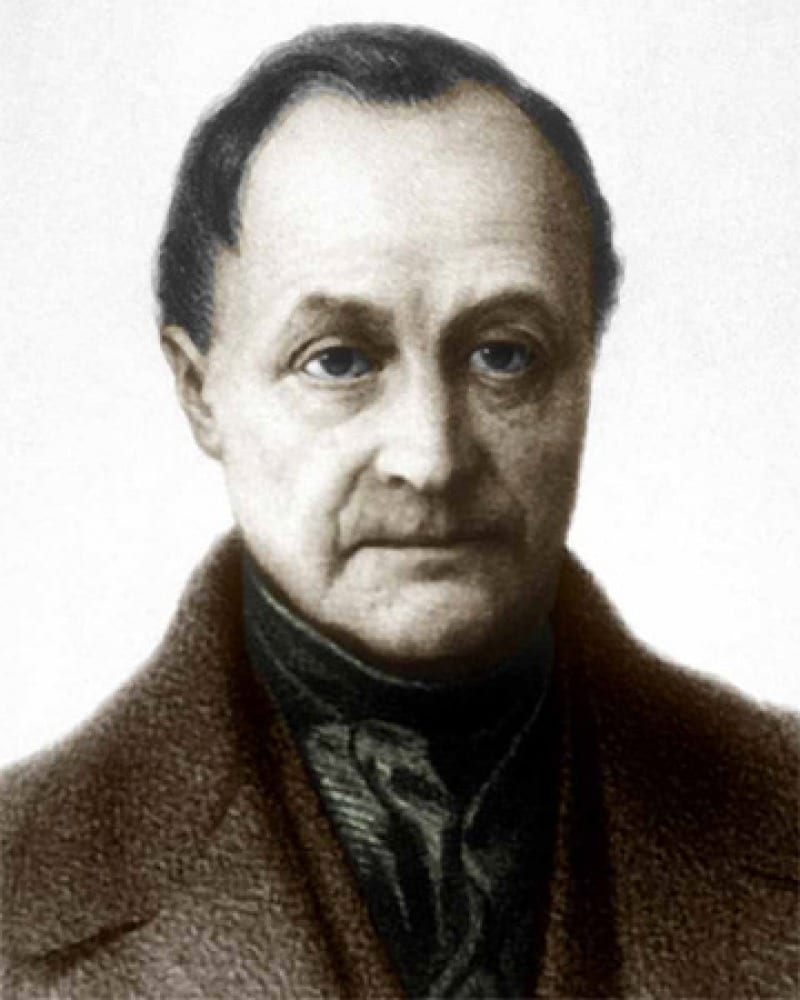So maybe it wasn’t an official endorsement but here’s part of Pope Benedict XVI’s Easter Vigil homily on 07 April 2012, where he hammers home an essential point:
| Photo from Daylife |
The darkness that poses a real threat to mankind, after all, is the fact that he can see and investigate tangible material things, but cannot see where the world is going or whence it comes, where our own life is going, what is good and what is evil. The darkness enshrouding God and obscuring values is the real threat to our existence and to the world in general. If God and moral values, the difference between good and evil, remain in darkness, then all other “lights”, that put such incredible technical feats within our reach, are not only progress but also dangers that put us and the world at risk. Today we can illuminate our cities so brightly that the stars of the sky are no longer visible. Is this not an image of the problems caused by our version of enlightenment? With regard to material things, our knowledge and our technical accomplishments are legion, but what reaches beyond, the things of God and the question of good, we can no longer identify. Faith, then, which reveals God’s light to us, is the true enlightenment, enabling God’s light to break into our world, opening our eyes to the true light.
Eloquente.
.
As violently reductive as this might be, I think we can say there are two fundamentally different lenses through which people view the world today. If you have been a frequent reader of this blog, you already know I have set up the following dichotomy, but now I will do it again with “associated” key words attached. (Or just take a look at my labels section on the right side.)
- Classical (400 BC-1600 AD)
- We experience the world around us and “enlightenment” comes through an understanding of the objects’ mechanical and goal-oriented behavior. This leads us to discover the good for ourselves and others and attain it. The goal towards which all things in existence are oriented is the good, being itself, which must be at least as perfect as its “orientees”. This is the God of classical theism, manifest in the Aristotelian tradition.
- Associated words in labels: Material, Formal, Efficient and Final Causality, Act and Potency, Theism, Teleology/τέλοϛ, Good, Aquinas, Realism,
- Modern (1600 AD – Present)
- We experience our experience (starts in our minds) of the world and enlightenment comes through the “understanding” how we regularly related to objects’ mere mechanical behavior (often done through the scientific method), and that which is no longer about achieving an object’s good in itself but rather the secondary and tertiary motivations, utility and pleasure (bonum delectabile and bonum utile) . The good is synonymous with ‘positive’ subjective experience and knowledge of God’s existence is a leap of faith.
- Associated words in labels: Mechanical Philosophy, Humanism, Secularism, Material and Efficient Causes, Agnosticism, Atheism, Scientism, Scientific Reductionism, Idealism, Descartes, “Enlightenment”, Transhumanism
Leave your thoughts below.
